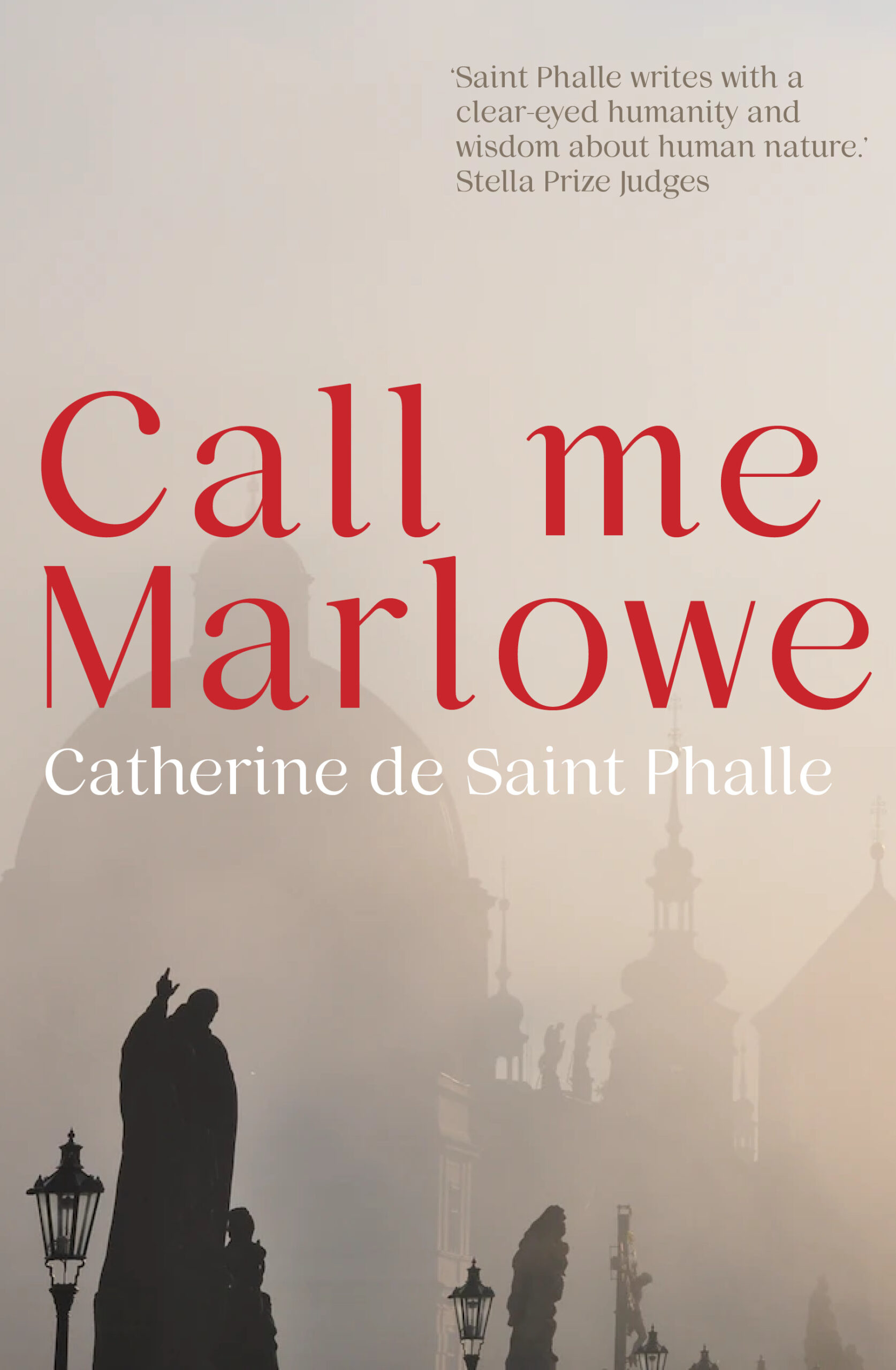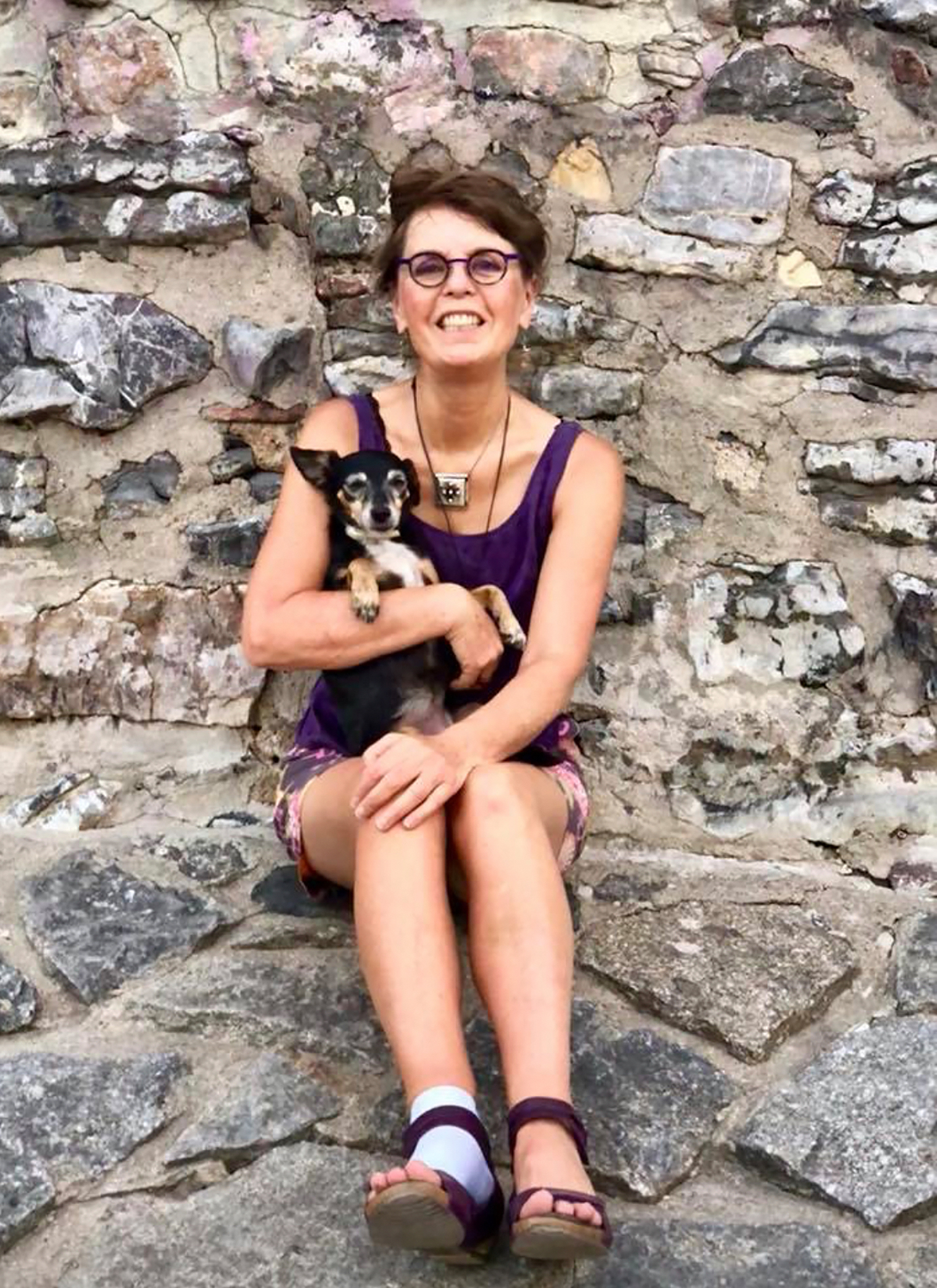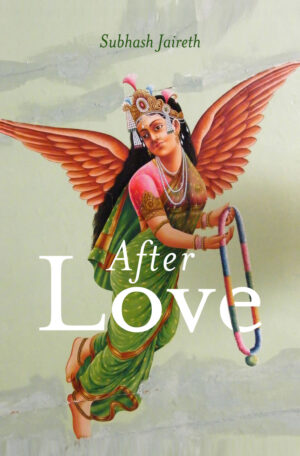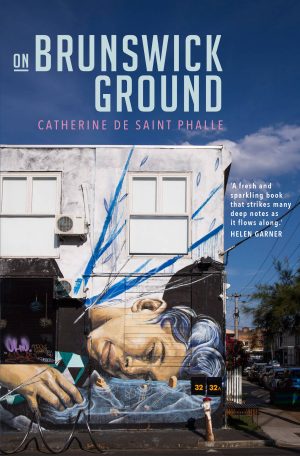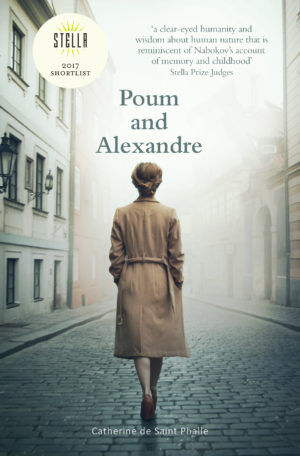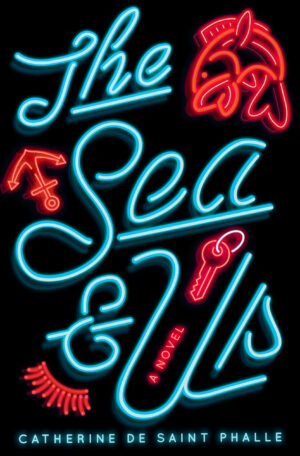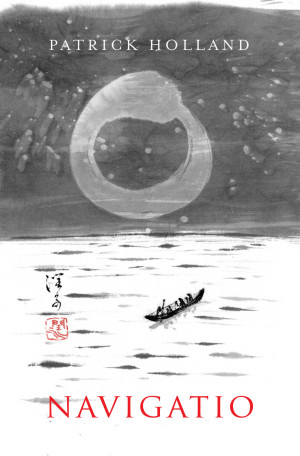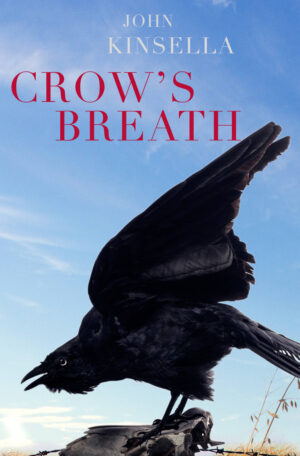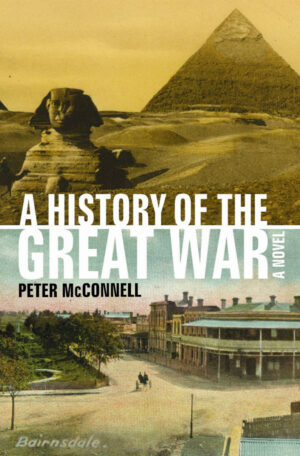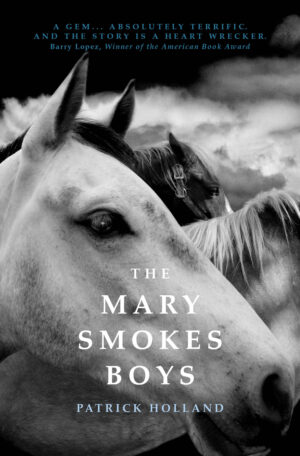Description
Set in both Prague and Melbourne, Call Me Marlowe captures
a man’s search for his heritage in the hope of understanding his estrangement
from his mother.
With a delicate touch, the novel embodies the nature of
trauma – both personal and political – in people’s lives. Harold Vaněk is
in love with Marylou, a woman he met in Korea, where she was working as a sex
worker, but whom he has managed to bring to Melbourne. She is the one who calls
Harold ‘Marlowe’. Theirs is an uncommonly beautiful but tenuous intimacy.
Harold believes he has betrayed Marylou and departs to
Prague in a blind search of all he has lost. What happens in ‘the City of
Hundred Spires’ is both remarkable and affecting. The people he meets there
– Vacláv, Marie, Pete, and Petr – and the soul of the city itself,
provide answers and a ‘world’ that he desperately wants Marylou to be part
of.
But is it all too late?
‘Saint Phalle writes with a
clear-eyed humanity and wisdom about human nature.’
Stella Prize Judges
‘Why do you always call me Philip instead of Marlowe when you disagree with me?’ Harold Vaněk asks his beloved Marylou in this exciting novel. But don’t expect Harold to evince any resemblance to Raymond Chandler’s famous detective beyond the fact that both characters blunder their way towards their respective denouements. The genesis of Marylou’s playful yet telling nicknames for Harold is never fully explained; while Harold is beautifully portrayed as a man of heart-wrenching self-awareness, Catherine de Saint Phalle also tends to leave much to the reader’s imagination, tantalising with titbits rather than force-feeding a viewpoint.
The many readers who loved Saint Phalle’s The Sea and Us will be happy to meet Harold again here, but while the former novel comes highly recommended, it’s not necessary to have read it to revel in this one. In Harold, Saint Phalle paints a Czech Australian who twice runs away from Australia to another country, once from his mother to Seoul and another time from Marylou – now an Australian resident – to Prague.
For he is, like many multilingual children of migrants, a person with his heart in more than one place: ‘Two seas of words swept through me: the Czech of my childhood and the English of my early adulthood. I felt neither Czech nor Australian.’ And Saint Phalle deploys her trademark talent for characterisation to populate her novel with a multinational cast.
Even those who appear just briefly, or are only evoked via glimpses of memory, spring to indelible life, from Verity the reluctant fish and chip shop owner – ‘I loathe it when they’re dead … and I must fry the poor fellows’ – to the little boy Petr who doesn’t like Harry Potter because the action takes place in a school.
The characters are also some of the nicest people you’ll ever meet, but that doesn’t stop them from making mistakes and misunderstanding one another. They also live in interesting places, from Melbourne’s Lygon Street in inner suburban Carlton, to Seoul and Prague, where Harold finally comes to terms with himself. But enough of what the book is about, except to say it is a love story, a story of reconciliation, a story of friendship and a story of the coming together of strangers. (It is not a murder story, although you do get to meet a murderer.)
Saint Phalle’s writing has a distinctive poetic lilt. Perhaps because of that, the many asides and references to Czech history are seamlessly integrated into the plot, strengthening it rather than serving as a distraction or detracting from the novel’s momentum. So successfully incorporated are they, in fact, that I found it a pity that, while what takes place in Prague is emblazoned that way, what happens in Melbourne is not. Though, to be fair, Australia’s recent history is arguably less dramatic than that of the Czech Republic.
Regardless, when you come to the last page of this wonderful novel, you’ll wish you hadn’t, not because it feels unfinished but because, as when you are with old friends, you won’t wish to say goodbye just yet.
Saint Phalle was born in London and has lived in England and France, but she has now become an Australian citizen with a home in Melbourne’s Brunswick. So we can claim with considerable pride that, judging from Call Me Marlowe, she is one of our greatest living novelists.
Erich Mayer, Arts Hub 30 May 2023

